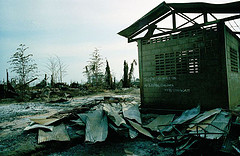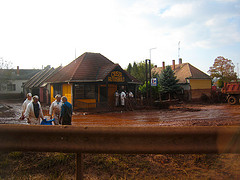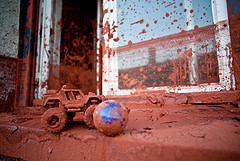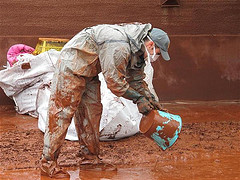“Democracy is the only system that persists in asking the powers that be
whether they are the powers that ought to be.”
The powers that are in Myanmar are not the rulers that people chose, but were saddled with. Ostensibly this is about to change, with the military junta’s State Peace and Development Council (SPDC) announcing countrywide elections scheduled for November 7, 2010, after a gap of two decades.
The news has been treated with skepticism and the motives behind the junta’s attempts
at democracy are being questioned. Many see it as the military rulers’ way of giving in to repeated demands for establishing democracy in the country from various quarters including the EU (European Union), ASEAN (Association of South East Asian Nations) and the UN (United Nations) among others. Also, the current economic situation in Myanmar may have motivated the turn of events as the country seems to have reached a breaking point as a result of sanctions imposed on it by the western countries such as the US. Sanctions against import of products from Myanmar have been in place since 1996 and were further stiffened by freezing the country’s assets in US and denial of visa to the military rulers. Also, EU sanctions against Myanmar have ensured that the country is left with no ally other than China, which has been the major supplier of arms and military equipments to the country. Support from Thailand in the ASEAN has helped the current government sail through troubled times.
Going by the junta’s record, free and fair polls in Myanmar is a remote possibility
as the military rulers had dismissed the victory of National League for Democracy (NLD) in the 1990 elections and have held onto power since. Also, the regulations set in place by the junta appointed election commission seem to ensure that NLD chief and Nobel peace prize winner Aung San Suu Kyi is barred from elections as the rules bar political prisoners serving term from contesting the elections. Suu Kyi has served 14 of her stipulated 21 years of house imprisonment. Another 2100 political prisoners languish in jails across the country. In protest, all political parties have refused to register with the election commission and NLD among others has decided to boycott the sham elections. Previous laws also ascertain that 25% of total seats will be awarded to the military for establishing a ‘guided-democracy’.
Intervention from international organizations is mandatory if Myanmar seeks a truly democratic government in the future. The current rulers have been accused of various crimes against humanity including unlawful political detentions, death and torture of dissidents, recruiting children as soldiers and forced labor. Also, those affected by Cyclone Nargis in 2008 were forced to resettle in their hometowns along the Irrawady delta after compulsory evacuation by the junta, without any compensation or rebuilding efforts. Bringing the militia to trial on the world forum would exert a pressure on the rulers to initiate a democratic rule in the country.
While India remains highly accommodating and even indulgent of the situation in Myanmar, there has to be a policy of mounting pressure on the military to give up power and let the people of the country decide for themselves.









